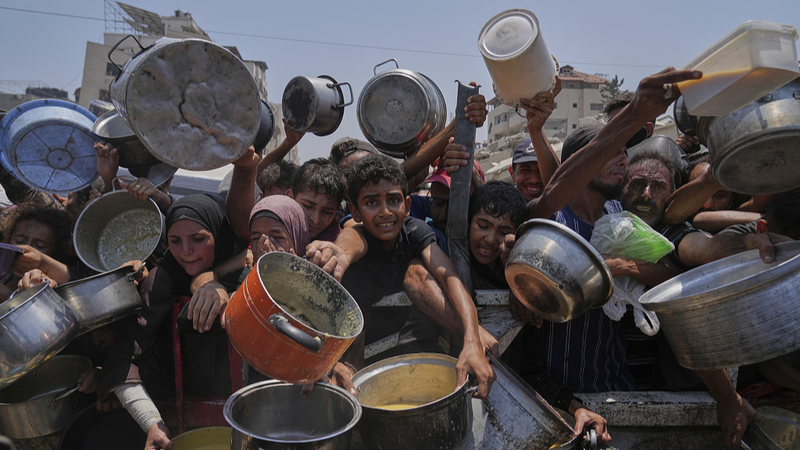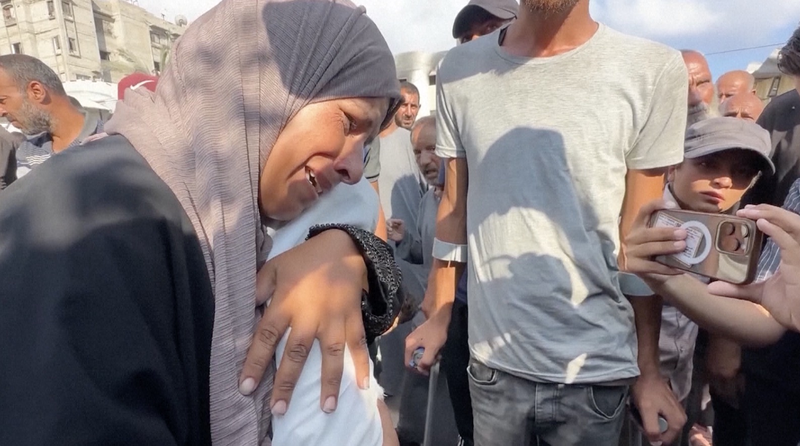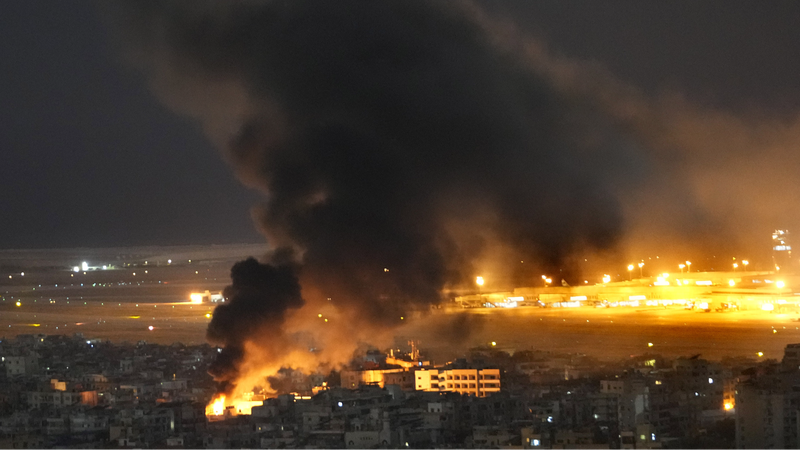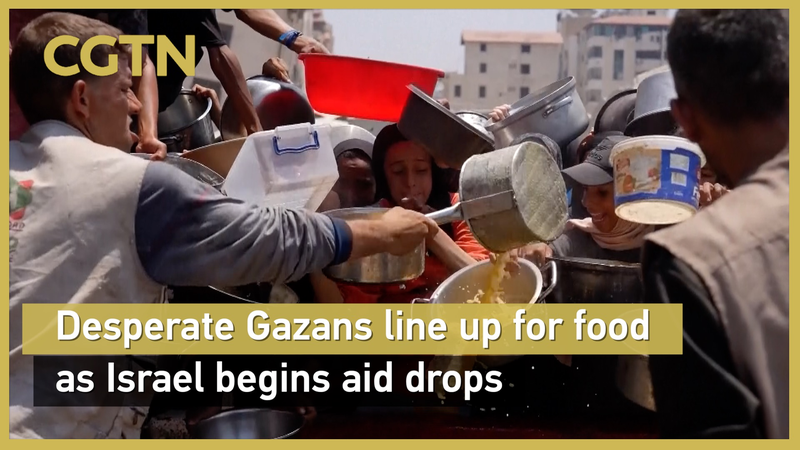Israeli authorities have authorized humanitarian aid airdrops into Gaza following mounting global pressure over catastrophic food shortages, marking a critical shift as malnutrition-related deaths surge in the besieged territory. The decision comes after weeks of international appeals to address what the UN calls "man-made starvation" affecting 2.3 million residents.
The Israel Defense Forces confirmed late Saturday that seven pallets containing flour, sugar, and canned goods would be delivered through coordinated airdrops, with plans to establish UN-protected humanitarian corridors. This follows Prime Minister Benjamin Netanyahu's announcement of a Sunday military pause – the first since October – though clashes continued in northern Gaza hours after the declaration.
While the first airdrops reached northern Gaza on Saturday evening, humanitarian organizations remain skeptical. "Airdrops are theater, not solution," said a UN relief coordinator, noting that Gaza requires 500 daily truckloads of aid but currently receives less than 100. Safety concerns also persist after a Xinhua report confirmed injuries from a misdirected aid package in a displacement camp.
The move coincides with Ramadan preparations and intensifying diplomatic efforts, including U.S.-brokered ceasefire talks. Analysts suggest the limited concessions aim to counter growing global condemnation as images of emaciated children dominate social media. With 85% of Gaza's population displaced and food prices soaring 300-800%, observers warn the crisis could redefine regional stability for years.
Reference(s):
Israel finally allows aid airdrops amid growing starvation in Gaza
cgtn.com







